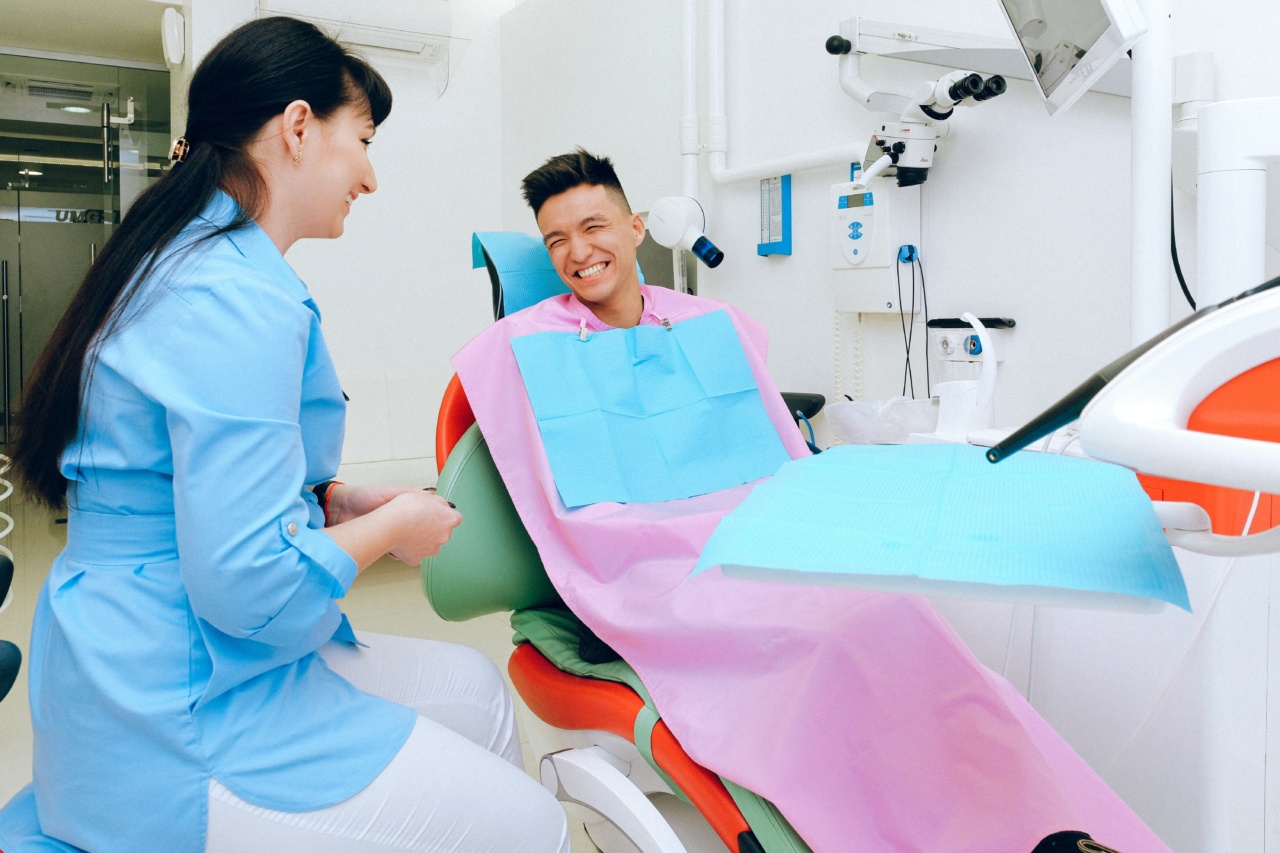Parkinson’s disease is a neurological disorder that affects millions of people worldwide. It is characterized by symptoms such as tremors, stiffness, and difficulty with movement and coordination.
While there is no known cure for Parkinson’s disease, there are steps you can take to reduce your risk of developing this debilitating condition. In this article, we will provide expert advice on how to lower your likelihood of developing Parkinson’s disease.
1. Stay Active
Engaging in regular physical activity is crucial for maintaining overall health and reducing the risk of various diseases, including Parkinson’s.
Studies have shown that individuals who lead sedentary lifestyles are more likely to develop Parkinson’s disease compared to those who are physically active. Aim for at least 150 minutes of moderate-intensity exercise or 75 minutes of vigorous-intensity exercise each week.
2. Follow a Healthy Diet
Proper nutrition is essential for maintaining a healthy body and reducing the risk of chronic diseases, including Parkinson’s. Incorporate a variety of fruits, vegetables, whole grains, lean proteins, and healthy fats into your diet.
Avoid processed foods, excessive sugar, and high-fat items. A Mediterranean-style diet, rich in fruits, vegetables, fish, and olive oil, has been linked to a lower risk of Parkinson’s disease.
3. Get Enough Sleep
Adequate and quality sleep is crucial for overall well-being and brain health. Studies suggest that individuals who consistently experience inadequate sleep may be at a higher risk of developing Parkinson’s disease.
Aim for 7-9 hours of uninterrupted sleep each night by establishing a regular sleep routine, creating a comfortable sleep environment, and avoiding electronic devices before bedtime.
4. Protect Your Head
Head injuries, especially those involving a loss of consciousness, have been associated with an increased risk of Parkinson’s disease.
Take precautions to avoid head injuries by wearing appropriate safety gear during activities such as sports or biking. It is also essential to use seat belts and practice safe driving habits to prevent any potential accidents that could result in head trauma.
5. Stay Mentally Active
Engaging in mentally stimulating activities, such as puzzles, reading, playing musical instruments, or learning new skills, may help reduce the risk of Parkinson’s disease.
Keeping your brain active and challenged throughout life is believed to promote brain health and potentially delay the onset of neurological disorders.
6. Avoid Environmental Toxins
Exposure to certain environmental toxins, such as pesticides and herbicides, has been linked to an increased risk of Parkinson’s disease.
Whenever possible, minimize your exposure to these chemicals by using natural alternatives and following proper safety precautions. It is also advisable to drink clean, filtered water and avoid potential sources of contamination.
7. Maintain a Healthy Weight
Obesity and excess body weight have been associated with an increased risk of Parkinson’s disease. Focus on maintaining a healthy weight through a combination of regular exercise and a balanced diet.
Consult with a healthcare professional to determine your ideal weight range based on factors such as height, age, and overall health.
8. Limit Alcohol Consumption
Excessive alcohol consumption and prolonged heavy drinking have been linked to an increased risk of Parkinson’s disease. Limit your alcohol consumption to moderate levels, following recommended guidelines.
For men, this means no more than two standard drinks per day, and for women, no more than one standard drink per day.
9. Quit Smoking
Smoking has long been recognized as a significant risk factor for various health conditions, including Parkinson’s disease. Studies have shown that smokers have a higher risk of developing Parkinson’s compared to non-smokers.
It is never too late to quit smoking; seek support from healthcare professionals, counseling programs, or support groups to quit smoking successfully.
10. Stay Socially Engaged
Maintaining social connections and participating in social activities has been linked to better overall health and a reduced risk of neurodegenerative diseases like Parkinson’s.
Stay connected with friends, family, and community by participating in social events, joining clubs or groups, and engaging in hobbies.
While these lifestyle modifications may help reduce the risk of Parkinson’s disease, it is important to remember that individual results may vary.
If you have concerns about Parkinson’s disease or any other health conditions, consult with a healthcare professional for personalized advice and guidance.




























